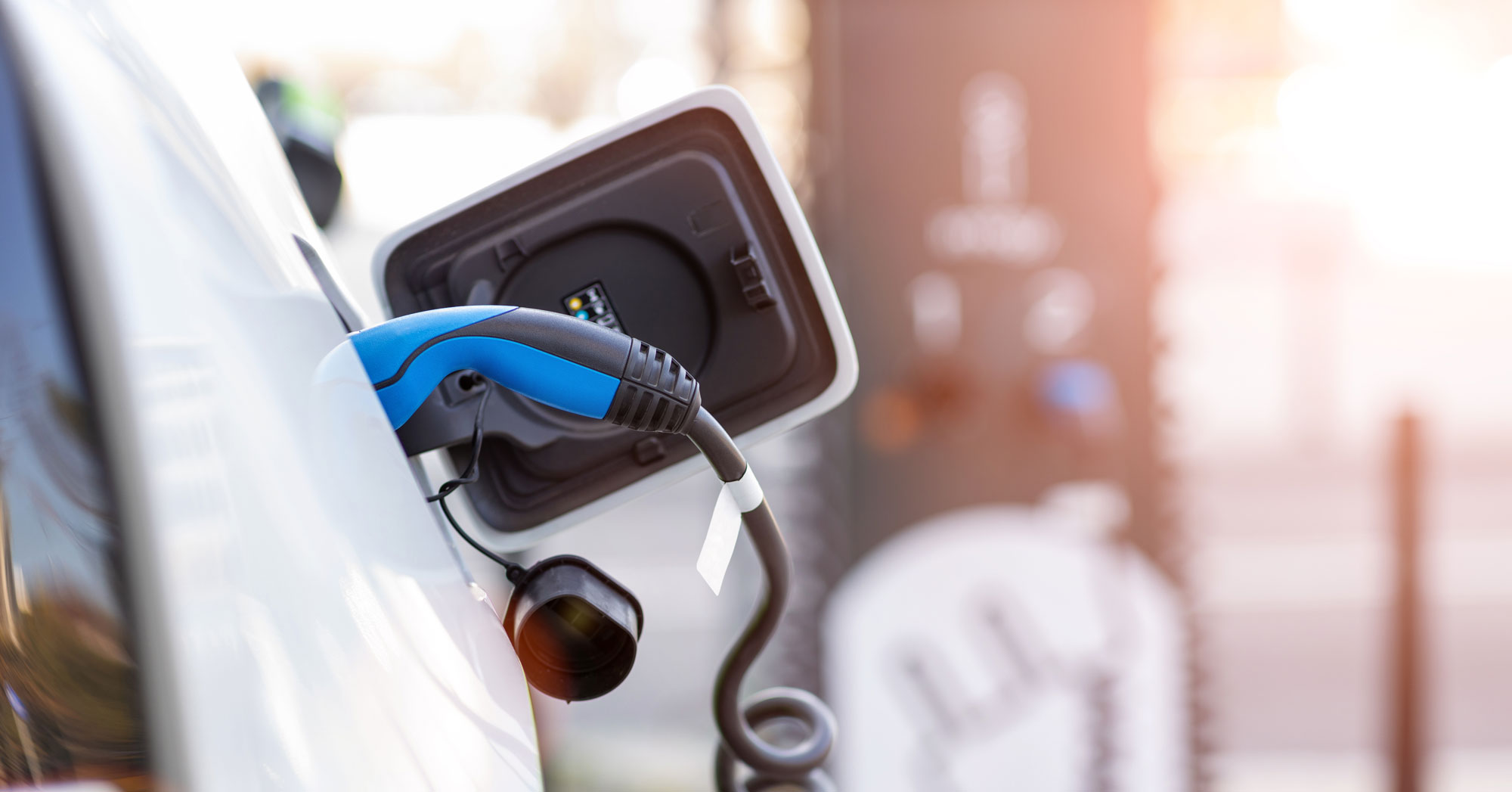
Dealers are completely aware of the benefits that electric vehicles (“EV”) have that our standard internal combustion engines (“ICE”) do not offer. EVs are moving forward at a rapid pace and so are questions around purchasing, ownership, products and more. It’s time to take make these concerns opportunities that make EVs an easy sell.
Servicing the New EV Customer
Dealing with apprehensive customers is nothing new, just ask a dealer who has an RV store. First time RV buyers are fraught with uneasiness, until the deal is done, and then they settle into the enjoyment they derive from the RV lifestyle. Their fears are around unknown outcomes specific to the driving/travel experience, the same as customers who are considering EVs today.
Frequent areas of concern include the following for prospective customers:
- Range anxiety is a big obstacle to overcome. People are concerned about being able to travel long distances. Will consumers need to rent a gas-powered vehicle to take a long trip?
- The EV infrastructure is being built, but how much of it will be available before and after 2030?
- The cost of electricity is poised to go up with demand, so why buy the EV?
- Customers will want and need home charging stations. What will those costs entail? What about renters?
- There is angst about mobile charging around the how to find them and use them.
- Having ‘anti-EV anger’ and not wanting to be dictated to like it’s a requirement to purchase an EV. These customers will need facts delivered diligently but not aggressively that align with state mandates.
The best way to respond to apprehensive or anxious customers it to be fully informed. That will give you the edge in creating a long-lasting impression and developing a prospect into a valued customer. Prepare them for the ownership experience, advising them of what to expect during the stages of ownership including service requirements.
Let’s look for opportunities to allay the fears and concerns.
Range anxiety: While it’s true that just owning an EV cures range anxiety, you need to get the new-to-EV customer there first. It will also be key to understand regional and area concerns. If you live in a metro area there may be more confidence that there are EV stations to tap into, but if you live or drive into smaller towns and rural areas, what will charging access afford? Sharing knowledge and information with the buyer will be critical, on how many miles to plan for, home charging stations, accessibility to national charging station networks, and lastly the ability to still rent an ICE vehicle if they feel uncomfortable.
Lack of EV Infrastructure: The shift from ICE to EVs is a big government initiative. There are likely to be some bumps in the road and learning experiences but there billions of dollars being dedicated to support supply chain materials, domestic EV battery manufacturing and mandates for federally-funded projects across the nation. The shift is going to happen.
Electricity versus gas: As EV purchases increase so will the annual demand for electricity to charge them. Multiple studies have found that the average cost to fuel an EV is significantly less than a gas-powered vehicle on an annual basis. Current estimates state that charging an electric car at home increases the average bill by $30 to $60 per month. Dealers will need to be well versed in the costs associated with electric versus gas.
Home charging options and renters: Dealers will position themselves to offer home charging stations to their valued customers. These will vary by levels, size, and price. Your customers will need to know what they need to plan for. Questions will come up like, will they need an electric panel upgrade? Will their home generators be sufficient to carry the EV chargers? With renters, they will need to have a discussion with their landlords, associations, to discuss the options available to them. Renters will be able to charge at public stations. There are already several apps to help locate charging stations, with more to come.
Angst about mobile charging: Again, there are apps to address the issue that are both OEM and privately branded. Dealers should be prepared to instruct customers on how to use a charging station as part of the EV buying experience.
Anti-EV buyers: Reportedly two-thirds of Americans do not want to purchase an EV yet. Many of the fears are due to a tremendous amount of misinformation. Be prepared to debunk anti-EV myths by answering an unsupported assertion with factual truths.
Your staff members will need to be able to communicate effectively and respectfully, while understanding the concerns and emotions that new EV buyers will have, to successfully reduce the stress levels and close sales.
EV Hot Topics
Electric cars are the future of the industry. Many US states are proposing and announcing gas powered car bans starting in 2030. It’s the new automotive revolution. Cars are being designed effectively to be more connected, autonomous, and sleek. Hot topics for dealers contemplating the transition are outlined here:
Dealers are questioning what F&I products they should and could sell on EVs to their customers. We are realistically just getting started on product availability and it will all come to fruition prior to 2030. At-home chargers will be a primary consideration because they need to be there for consumers before or synchronized with the purchase of the EV. Today’s EV consumers are on their own for installing home chargers, but if dealers provide this service, it will greatly benefit both. There will be maintenance contracts, battery warranty, appearance protection packages, tire, and wheel, and many more opportunities that will benefit consumers and dealers alike.
Rebates and incentives will be integrated into the selling process. There will need to be a good comprehension of EV tax credits and any other stipends that help the consumer.
Solar panels will develop and get more efficient to drive energy requirements, but we are not there yet. There will be a connection between solar and EVs but it’s too soon to get a full understanding of what will be offered.
The used EV markets. Used Tesla’s already are in the market, and dealers want to have products to sell alongside them that will provide service. Building out a used EV car division will be a huge benefit to every store.
Service stays a top priority. Sales and service will need to be merged closer together to drive efficiencies. The consumer must come first. Dealers will need the right program to drive the sale. Dealers who successfully overcome customers concerns about this ‘new’ type of vehicle, will fair very well with sales and service.
Would you like to discover more about how EV sales can impact your dealership? Contact Kristin Jones through email at kristin@wfisinc.com or by visiting her LinkedIn page.




